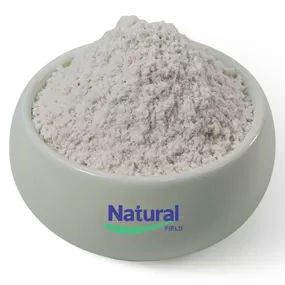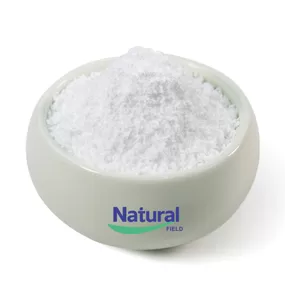Sepsis is a life-threatening organ dysfunction caused by a dysregulated host response to infection, with myocardial dysfunction being a critical factor in determining the survival rate of sepsis patients. In recent years, research has shown that Nicotinamide Mononucleotide (NMN) plays a significant role in regulating energy metabolism, cell signaling, and gene expression, providing a potential intervention direction for the treatment of sepsis.
On December 2, 2024, a research team from Jiangsu University published a study in the journal Acta Pharmacologica Sinica, indicating that NMN can effectively protect against myocardial injury caused by sepsis by preventing Cyclosporin F modification and lysosomal dysfunction. This study provides important theoretical support and scientific evidence for the application of NMN in the treatment of sepsis.
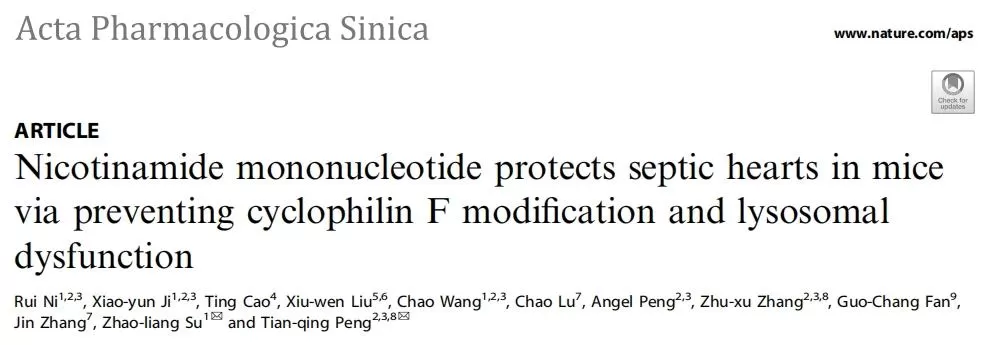
Figure 1: Study on the Protective Effects of NMN on the Heart in Sepsis
NMN Reduces Mitochondrial ROS Production and Inflammatory Response Induced by Sepsis
Studies have found that in a lipopolysaccharide (LPS)-induced sepsis mouse model, the production of hydrogen peroxide within mitochondria significantly increases. However, after administration of NMN, the production of hydrogen peroxide in the myocardial tissue of mice significantly decreases. Further tests show that NMN can effectively inhibit LPS-induced mitochondrial ROS production. Additionally, inflammatory markers in the myocardial tissue of NMN-treated mice significantly decrease, and apoptosis-related markers are also notably reduced, thereby improving myocardial function.

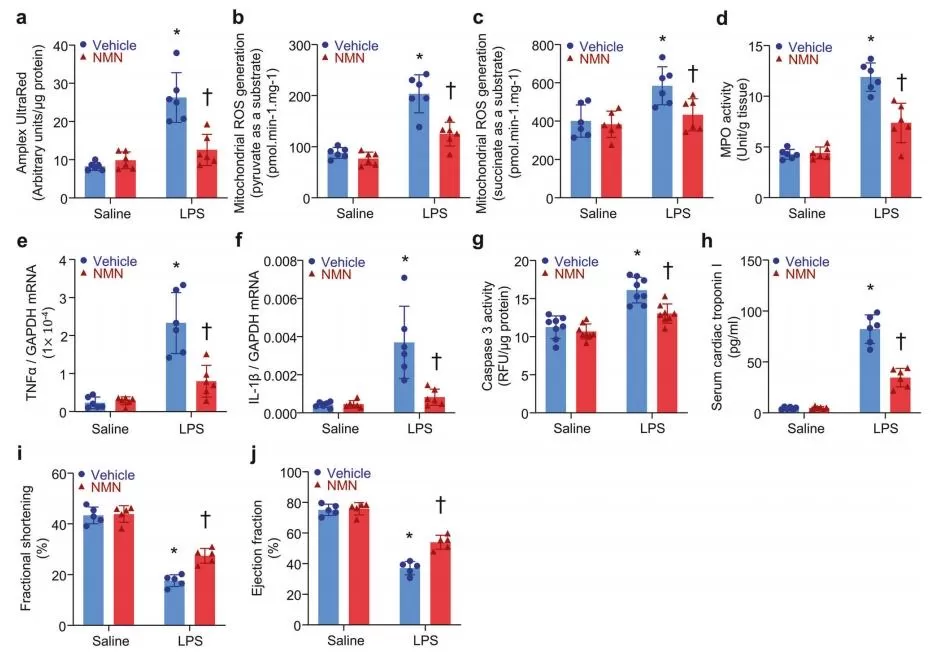
Figure 2: Effects of NMN on Cardiac Injury in Endotoxemia Mice
NMN Can Improve Lysosomal Function
Studies have found that in a sepsis model, lipopolysaccharide (LPS) leads to an increase in lysosomal pH and a decrease in mature cathepsin B levels, indicating lysosomal dysfunction. Additionally, the levels of related proteins increase, suggesting the occurrence of abnormal autophagy. NMN can mitigate these adverse effects induced by LPS, exerting an inhibitory effect on lysosomal dysfunction and abnormal autophagy.
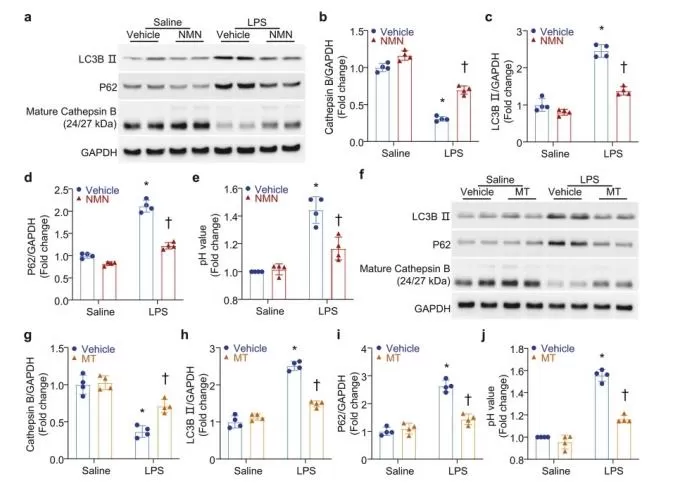
Figure 3: Effects of NMN on Lysosomal Function and Autophagy in Neonatal Cardiomyocytes
NMN Can Prevent Acetylation of PPIF
PPIF (Cyclophilin D) is a key regulatory factor of the mitochondrial permeability transition pore (mPTP), and its acetylation and oxidative modifications are triggers for mPTP opening. Studies have shown that NMN, by increasing NAD+ levels, activates the mitochondrial enzyme Sirtuin3, thereby inhibiting the acetylation and oxidative modifications of PPIF, and protecting the mitochondrial function of cardiomyocytes.

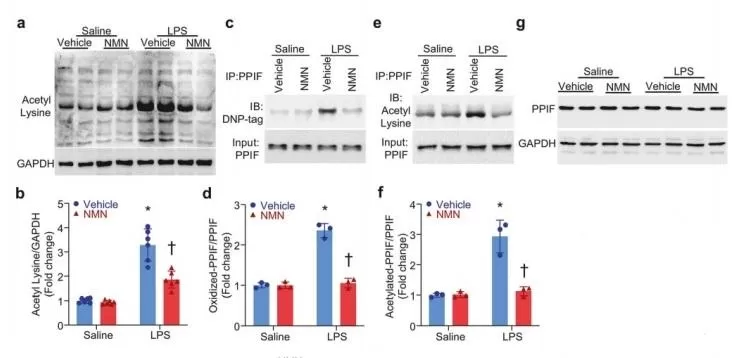
Figure 4: Effects of NMN on Mitochondrial Protein Modifications, Mitochondrial Permeability Transition Pore Opening, and Cytosolic Ca2+ Levels
NMN Protects ATP Synthase
In sepsis, the α subunit of ATP synthase (ATP5A1) is prone to acetylation, making it more susceptible to calpain degradation. Studies have shown that NMN protects ATP5A1 protein levels by inhibiting its acetylation, thereby maintaining ATP production.
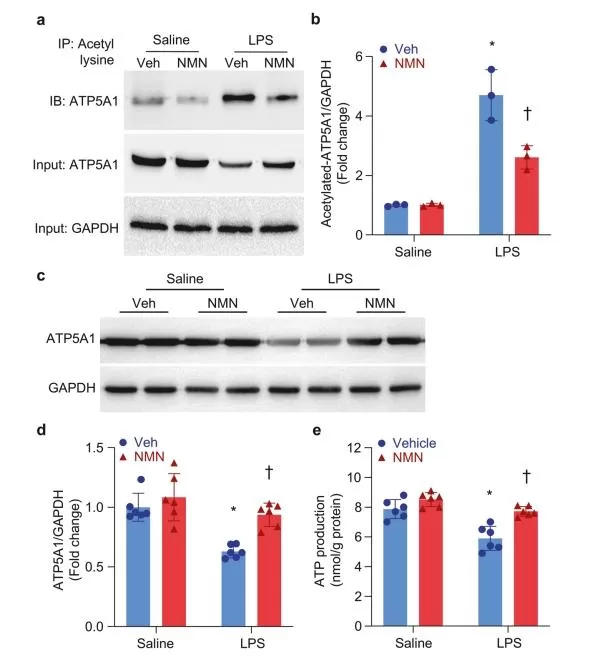
Figure 5: Effects of NMN on ATP5A1 in the Hearts of Endotoxemic Mice
This study demonstrates that NMN maintains lysosomal function and normal autophagy by regulating the interaction between mitochondrial ROS and PPIF, while also protecting ATP synthase activity, thereby alleviating sepsis-induced myocardial dysfunction. This finding provides a theoretical basis for NMN as a novel intervention for treating sepsis-associated cardiomyopathy.
The content of this article is reproduced from academic journals and is provided for sharing and learning purposes only. It does not constitute any medical advice. If there is any infringement, please contact the author of this article for removal. The views expressed in this article do not represent the position of Natural field.

 EN
EN











